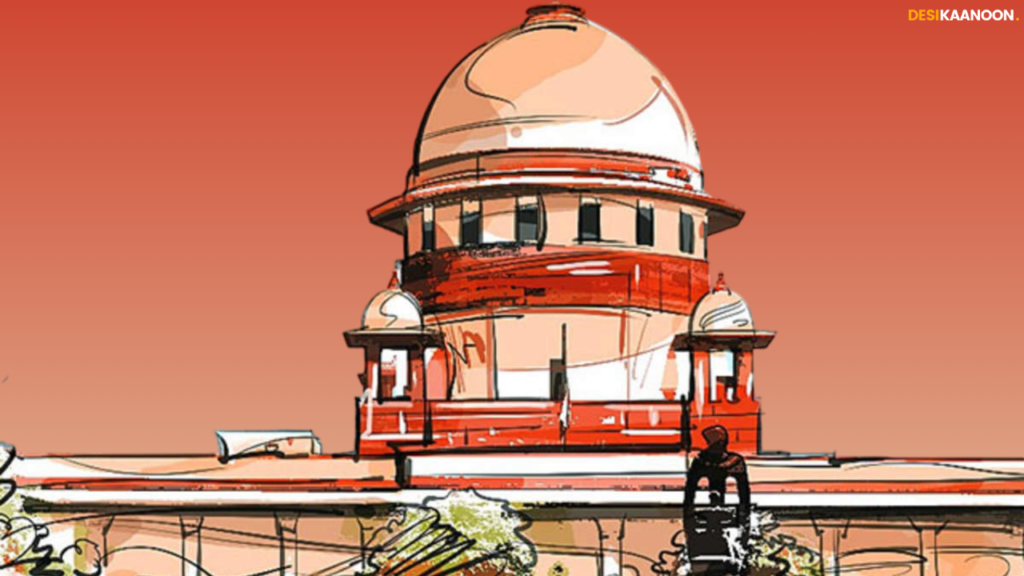Rehan Khan
On 5th November, the Supreme Court emphasized that all High Court judges are part of a unified group of officeholders, affirming that they are entitled to equal service benefits, including pensions, without any form of discrimination.
A Bench comprising Chief Justice of India DY Chandrachud, and Justices JB Pardiwala and Manoj Misra questioned the basis for providing differing pension benefits to judges from different High Courts. The Court pointed out that Article 216 of the Indian Constitution does not permit distinctions based on how High Court judges are appointed; rather, all judges, once appointed, hold equal standing within the High Court institution. This institution encompasses both the Chief Justice and the other judges, with no allowance for differences in salary or other benefits.
The case at hand involved issues related to the pending salaries and pensions of judges at the Patna High Court. Previously, in September, the Supreme Court had ordered the Bihar Government to disburse the overdue salary of Justice Rudra Prakash Mishra of the Patna High Court, who had not received his salary for ten months due to the lack of a General Provident Fund (GPF) account.
The Court expressed that any differentiation in service benefits would compromise the uniformity expected among High Court judges. “There can be no justification for disparities in salaries or benefits among judges, similar to the protections in place for civil servants,” the Court asserted. It clarified that salaries for judges come from the consolidated fund of the respective states, while pensions are drawn from the Consolidated Fund of India. The principle of non-discrimination, it added, applies to both current and former judges.
Accordingly, the Court laid down the following principles:
- High Courts are constitutional institutions, and all judges serve as holders of constitutional office with equal status.
- Articles 221(1) and 221(2) of the Constitution do not envision any differential treatment regarding judges’ salaries.
- Upon their appointment, High Court judges belong to a single, cohesive class of officeholders.
- Judicial independence is inherently linked to financial independence.
- Service benefits for sitting judges and retirement benefits, including pensions, must be granted without discrimination.
- Any attempt to impose distinctions among judges’ benefits would be unconstitutional.
Case Title: Justice Shailendra Singh And Ors. v. UoI And Ors.
Case Number: WP(C) No. 232/2023 and connected matters
Bench: Chief Justice of India DY Chandrachud, and Justice JB Pardiwala and Justice Manoj Misra

